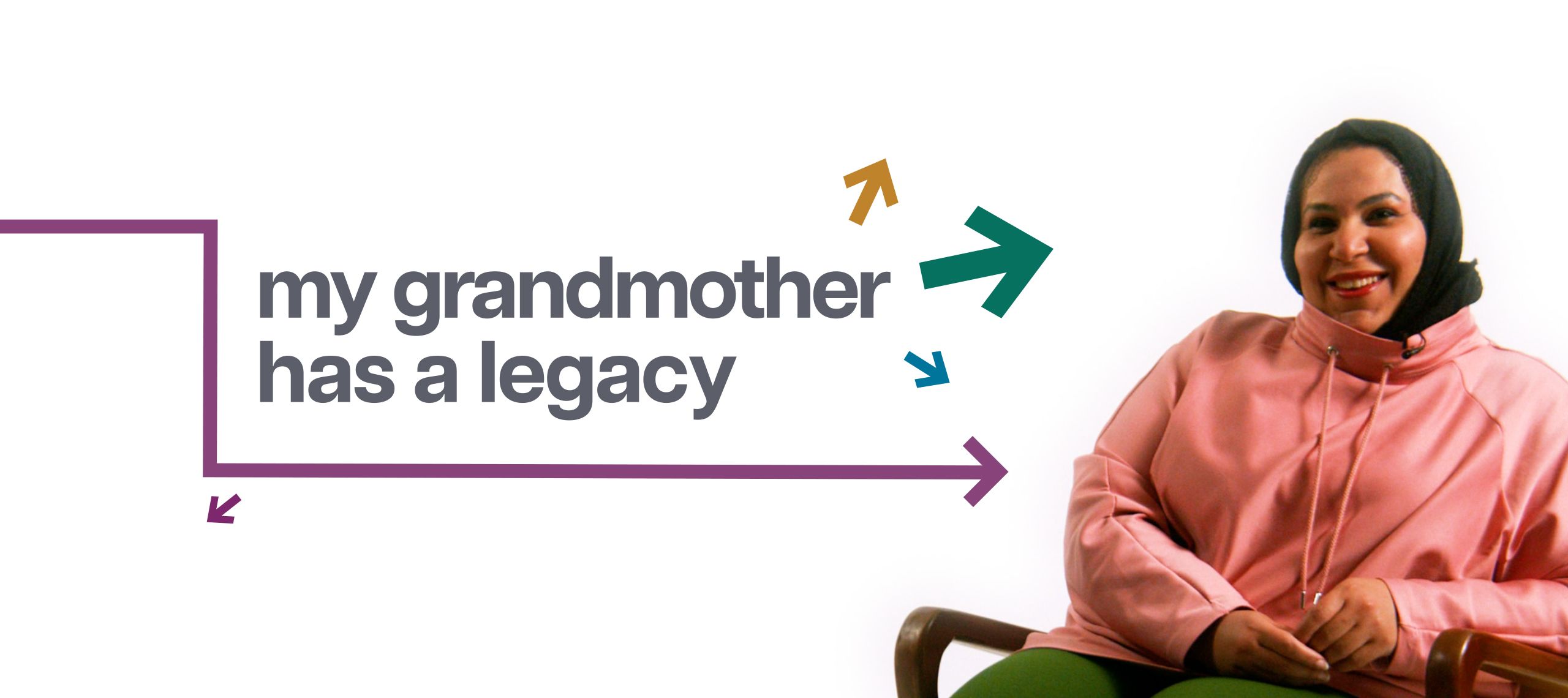
Research Journeys: My grandmother has a legacy
Doing the PhD was more of me understanding how I can help the next generation of women.
Shareefa is continuing a legacy passed onto her from her grandmother- supporting the women around her. Her work aims to empower women through social policy reforms.
Although she has presented her research multiple times, her focus now is for her research to be understood and have an impact, making long lasting change through her research.
Shareefa is a Research Project Manager for Co-POWeR, Consortium on Practices of Well-being and Resilience in BAME Families and Communities.
Read more about Shareefa and her research.
Transcript
[Shareefa is sitting in front of a white background speaking directly to camera.]
Shareefa: You're the exception. That was one of many questions that I received starting my PhD journey. One of the questions that I received because I was a Muslim Arabic woman in a Western education institute.
“Your English is good.” “You write excellently.” All these questions made me question my own ability, my own confidence that I came with. Why are they asking me these questions? Why are they giving me these comments? Why am I the exception?
But what they didn't understand is that I came from a line of strong women. I look up to my grandmother. My grandmother has a legacy, and I want to continue that legacy.
I always tell people the story of my grandmother's mini bank. It's also called the social bank, apparently. She used to have this huge mahogany bed that was a little bit high, you needed steps to get on to it, that had really beautiful sheets on top. But every day at noon, she would lift the sheet up and she would have a really nice chest that she would open it up and would have different purses, different cloths, colours and shapes that would have money or jewellery.
I asked her, “Why would you do that? Why would you keep this money? And who does it belonged to?” And she was like, “This money belongs to the woman of the neighbourhood. I keep it safe.” I asked, “Why do you keep it safe? Why can't they keep it safe themselves?” “Well, sometimes women need other women to support them. And this way I keep this money safe for them till the time of need. If it's at home, it might not be as safe as you think it would be in their own homes.”
And that was her way of supporting and empowering other women around her. That was a legacy that I want to continue. A legacy that I want to continue for other women of my generation and the next generation.
So doing the PhD was more of me understanding how I can help the next generation of women or this current generation of women. That was my research. I want to make policy reforms, policy changes because what I came to see and what I came to understand is most of the policies that we have are not influenced or created by the women that need them, but are created by researchers, most of them Western researchers, that implement their own views of society, similar to the situations that I faced when I first came here.
That's the policy reforms that I want to create through my research journey. I want to continue my grandmother's legacy. I want to empower women of my generation and of the next generations. I want to empower these women through social policy reforms. I want to do it through my research. And I know I can do it and I will do it.